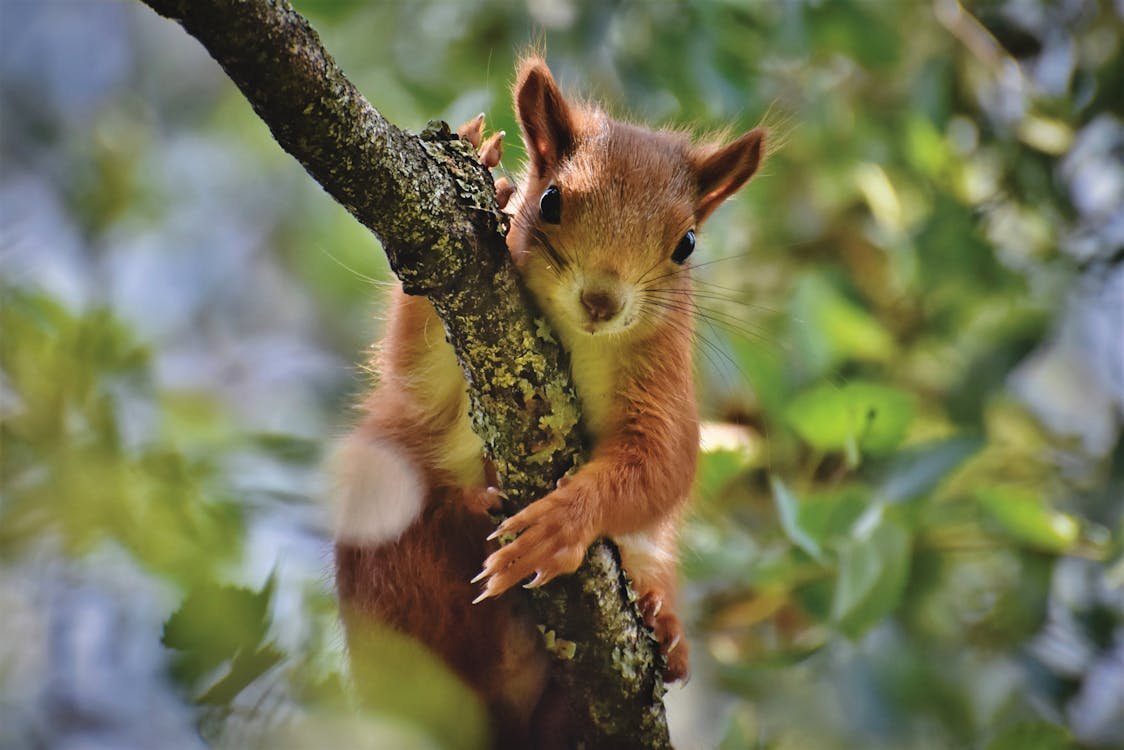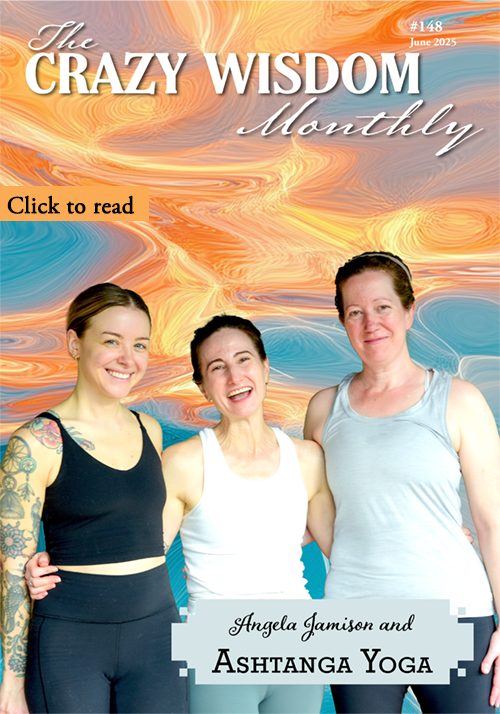by Kirsten Mowrey
One of the many reasons people enjoy living in Michigan is our four seasons: spring, summer, fall, and winter. The seasons can also be described as birth, growth, maturity, and death, or child, teen, adult, and elder. Four seasons gives a year rhythm, and yet we are better at some beats then others. Culturally, we praise awakening and increasing—spring and summer, childhood and teen—far more than we appreciate maturity and death, fall and winter, adulthood and elderhood.
I pledged when I began this column to explore “deep green”. To me, that means connecting to the rhythm of our location on the planet, or in other words, being rooted where you live. In Michigan that means facing up to and extending ourselves into fall and winter, a seemingly counter-cultural movement. It also means embracing loss and death, accepting the passing of events, and witnessing the preciousness of each season.
The definition of Autumn is, “any period of maturity or of beginning decline”. As I enter my mature years, I look for models of how to age, and see few. In The Second Half of Life, Angeles Arrien writes, “Our culture has lost the capacity to acknowledge and value elders the way many other cultures around the world do. We have forgotten the rites of passage that help us learn to become wise elders, actively participating in our communities and living a deep, fulfilling life…our culture’s current perspective is that the second half of life offers only decline, disease, despair, and death.”
Psychologist Francis Weller says, “we have not enough adults and are a malfunctioning society versus a living culture.” Embracing my age and starting on the downhill journey means letting go, changing the direction from outward to inward and valuing all that I have done. For those of us not facing imminent death, we pull energy inward to harvest the wisdom of what we did and didn’t do, evaluate what happened, and recover wisdom from the outcomes.
Have you taken a hike in the woods recently, in a big tract that is not over browsed by deer? Waterloo State Recreation Area perhaps, or Island Lake? What I notice in these areas is the vertical diversity; the spring ephemerals fading near the ground, the young saplings and shrubs filling in from the three to six foot range, young trees filling in the understory, and finally, arching over all, the mature maples, cherries, hickories, and oaks. These elders of the forest provide shelter to those underneath and create nourishment for all. When I walk in a mature forest in a rainstorm I can hardly feel the rain. A mature ecosystem has vertical levels of perfect function. If we were to relate this our human culture, the mature trees would be elders, the young trees adults, and the saplings children, each thriving in the whole.
By contrast, were we to replicate our society as an ecosystem, it would look more like a clear cut: hacked stumps, lots of low growth, the saplings exposed to the sun and a scorched earth. There’s no place for elders or adults. It’s all about youth, youth, youth. Aging is a condition of being human, so why do we see aging as a failure to stay young? Our obsession with youth, with awakening and gain, is the basis for a relationship with our planet creating much doubt, grief, and fear. The need for elders, for wisdom, for shelter, nourishment and protection exists in all of us. Elders, according to Weller, “are caretakers for the deep memory of culture: they carry stories, healing practices, rituals and are guardians of collective wisdom”.
Elderhood is different from merely being old. There are plenty of adolescents in 70-year-old bodies, still worried about their egos, their six-pack stomach, looking young, and being “it”. However, elderhood is about developing “increased depth, integrity, and character” says Arrien. Michael Meade says, “the role of the elder is to go deep inside, awakening to and reflecting upon the story embedded in one’s soul”. Each of us is a unique combination of experience and genetics, a living slice of historical record. Our souls are the spiritual expression of that combination, the gift of ourselves and our drop of the Mystery to the whole. Unexpressed gifts are a loss for the whole, not just the individual.
To create our future, we need to mourn and grieve our past. To harvest the wisdom of our histories, we need to step into our feelings about them. I remember calculating my ecological footprint for a permaculture class. Ecological footprint calculation measures all the resources used to support your lifestyle and reckons how much land is needed to support it. No matter my choices: multifamily living, no car, vegetarian, no airplane travel, thermostat very low—I couldn’t get my footprint below 3.4 Earths. I was using resources 3.4 times faster than the Earth could replenish them! I mourned, I felt helpless and sad—what could I do? As disheartening as this information was, it also guided me toward a deeper inquiry, and sent me gazing into the abyss of our culture’s separation from the places we live. That separation keeps dividing us, like a fissure in a scorched plain. First we separate from the Earth and her other, non-human inhabitants, then we separate by gender, then we separate based on skin color, then on religious identity, etc., etc., until we stand alone, a single naked human ego.
Returning to the fold of our common humanity, I believe, lies in returning to community, to belonging, to sharing. With our friends. With our families, genetic or emotional. With the patch of Earth we live upon. If I can become indigenous, meaning “to be born to this place”, then I can start to bridge that which created separation. As an indigene I can see the world from the perspective of my love for this place and I can build, create, and relate from that place. We can do things differently because we are told to, or should, but we can also do them differently because we love a place, a person, so much that we are willing to be vulnerable and venture into the unknown. The spiritual can have material effects.
Redesigning the American lifestyle can be about loving the Earth and each other more, not less. If I feel my own grief and sadness around ecosystem damage and species loss, I can reap wisdom from that pain and then use that wisdom for the betterment of the whole. I have now performed alchemy, the type of transformation an elder accomplishes. Angeles Arrien writes, “the more challenging our world the more we need our elders with us to share the lessons they have learned, to lend us their problem-solving skills, and to enhance our lives by imparting their unique gifts.” The power of elderhood, the experience gained on the trail, of falling down and getting up repeatedly, the meditator that drifts off again and again and keeps coming back to the moment—it is these practices that makes us elders. We have built our container so that we can provide a safe place for others who are learning. Elders have the capacity to hold those less skilled, to be the trees taking the brunt of the rainstorm leaving only light droplets falling on the younger trees below. Elderhood beckons all of us, the question is, will you answer?
This column is my final Green Living column. I thank you, Crazy Wisdom readers and editors, for giving me the opportunity to write for our community and I wish you all the best.




























































































































































































Today, I am joined by three representatives of these secretive hidden peoples. Will you introduce yourselves, please?